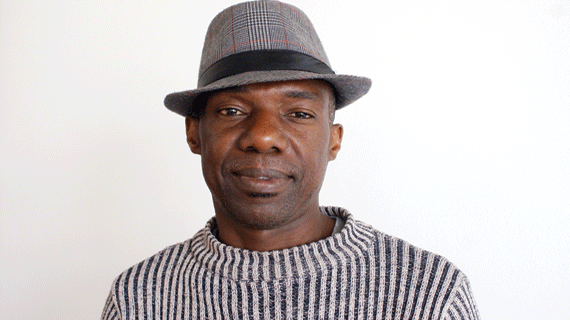
THOSE of you that know me well will attest to the fact that I have worked in civic society, particularly those that deal with human rights and democracy.
It’s a natural extension of student activism which had its roots at the University of Zimbabwe where I studied in the mid ’80s and early ’90s – a political hard hat area.
Our natural concern for student welfare was to change and that fed into the national discourse where we discovered the link between campus issues, the condition of our relatives at home and the political culture that was developing in the capital city.
As the government of the day began closing the democratic space, students felt it their God-given right to take up the mantle and highlight the bread-and-butter issues affecting the population at large. And being at the epicentre of government administration in Harare made their position more appropriate.
That the government became increasingly irritated by the loud voices coming from Mount Pleasant campus is surely without doubt.
Their position was that while the students had a point in relation to issues to do with nascent corruption and conspicuous consumption, the government would not be pressured to act by a bunch of students who should be concentrating on their studies.
It became clear that as the credibility gap increased so did the tension which resulted in the inevitable schism that occurred in the early ’90s that brought State machinery onto campus for the first time to forcibly pacify restive students. Student politics suddenly took on a national trajectory churning out student leaders who captured the imagination of a nation that balked at the idea of a single party State and growing injustice.
University administration became an extension of the State, threatening and expelling students whom they claimed had reneged on their mandate, that of learning and obtaining degrees. Anger with complicit campus authorities blew up into bouts of violence and intermittent closures of the university.
- Chamisa under fire over US$120K donation
- Mavhunga puts DeMbare into Chibuku quarterfinals
- Pension funds bet on Cabora Bassa oilfields
- Councils defy govt fire tender directive
Keep Reading
The formation of Zimbabwe National Students’ Union spread the gospel of student activism to college campuses across the country along with the establishment of the National University of Science and Technology bringing a national dimension to the “struggle”.
It was inevitable that student leaders would find themselves obliged to turn to politics when they graduated. Biti, Giwa, Mutambara, Dube, Giwa, Mkandla, Gwisai (Chikweche), Molokela (Mguni), Hwende, Jongwe, Kagoro, Majongwe, Mkwananzi, Mudzingwa, Musekiwa, Ruhanya, Shumba, Sibanda, Sikhala, Chimosva, Chiketa, Chamisa, Guma, Hlatshwayo, Gumbo are some of the leaders who have made political impact.
The government in its quest to silence dissent on campus had unwittingly created a monster. While students graduated into the world of work, many were absorbed into the growing human rights and democracy civic society movement.
The rest is history, culminating in the formation of the Movement for Democratic Change that brought together all the democratic forces under one umbrella.
My thrust is on how the civic movement partially lost its identity and had its image tainted when they joined the party political fray.
By choosing to move into the party political space, they lost some credibility among those who chose to sit on the fence. It became easy, therefore, for the State to label and discredit civic society, especially those that were in human rights and democracy because they were in a direct collision course with the State.
The fact that the movement was funded by Western institutions did not improve things. The lines were clearly drawn. The might of the State was brought to bear on civic society to detoxify the political space of what they considered to be Western-sponsored sellouts.
Like I indicated earlier, the ability of civic society to distinguish itself from the opposition political movement became very tenuous indeed. They were clearly fighting from the same corner and to the State, they were one and the same thing. Inevitably the State adopted a one-size-fits-all approach in dealing with what it termed Western-sponsored dissent. The causalities were many.
The political stalemate that came out of the disputed 2008 elections gave civic society a new opportunity of being part of the creation of a new dispensation that culminated in the Government of National Unity (GNU).
However, it became clear that the GNU was going to be a political animal which would force civic society to take a political position. Bread-and-butter issues were drowned out in the political noise and the charade that was the constitutional outreach programme.
There also was a realignment of the civic forces with war veterans being classified as part of civic society, comical as it sounds. Added to that were a number of Zanu PF aligned civic entities that suddenly came out of the woodwork to “balance” civic space.
What became clear was that the cream of civic society would become absorbed into the governing structures of the GNU thus adding to the dilemma the movement was facing, that of having an independent identity.
This partially answers the question why the civic movement has failed to shake off the “sellout” tag and emerge from the coat-tails of opposition party politics. Next week I will look at how, post-July 31 2013, the civic society movement needs to reclaim its identity and space.
Lenox Mhlanga is a social commentator










